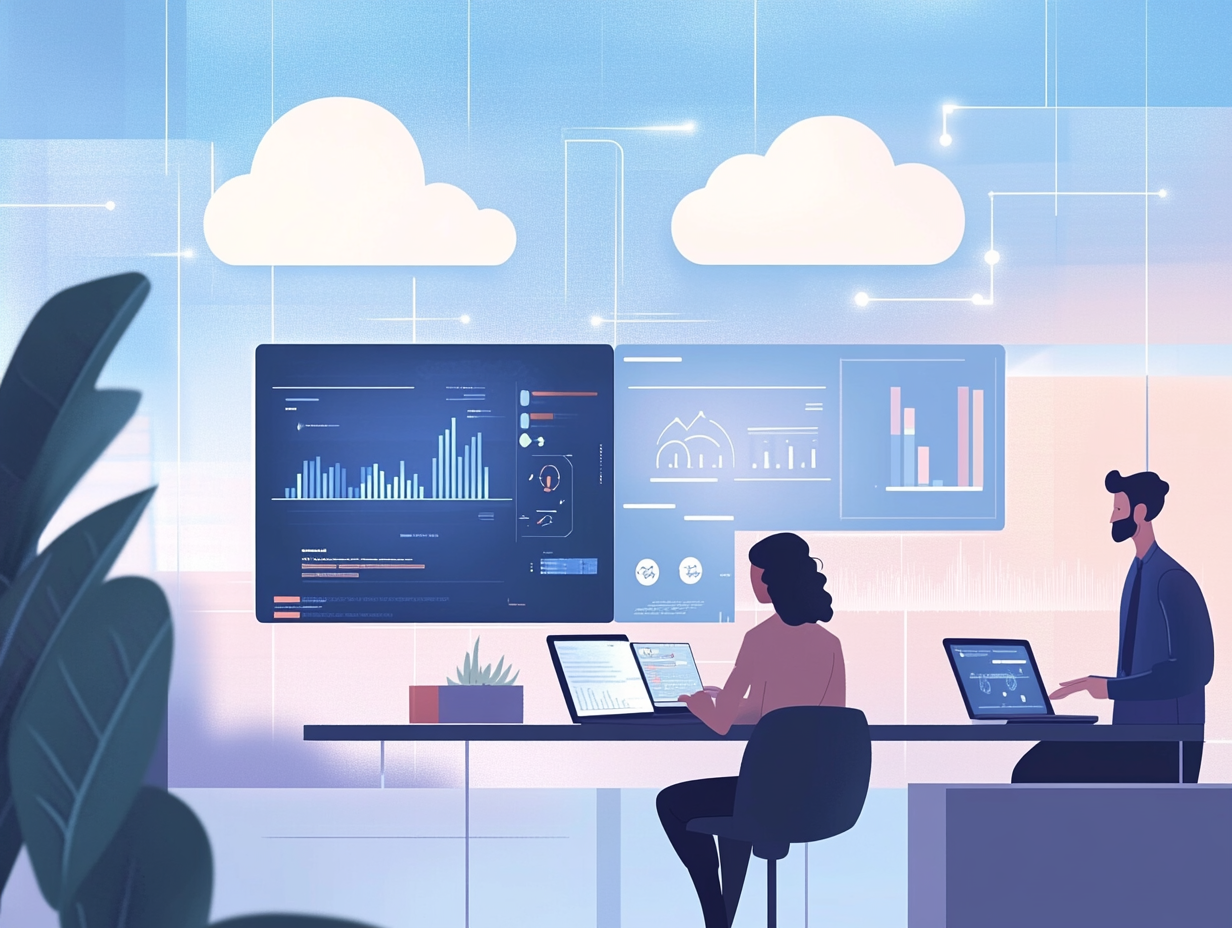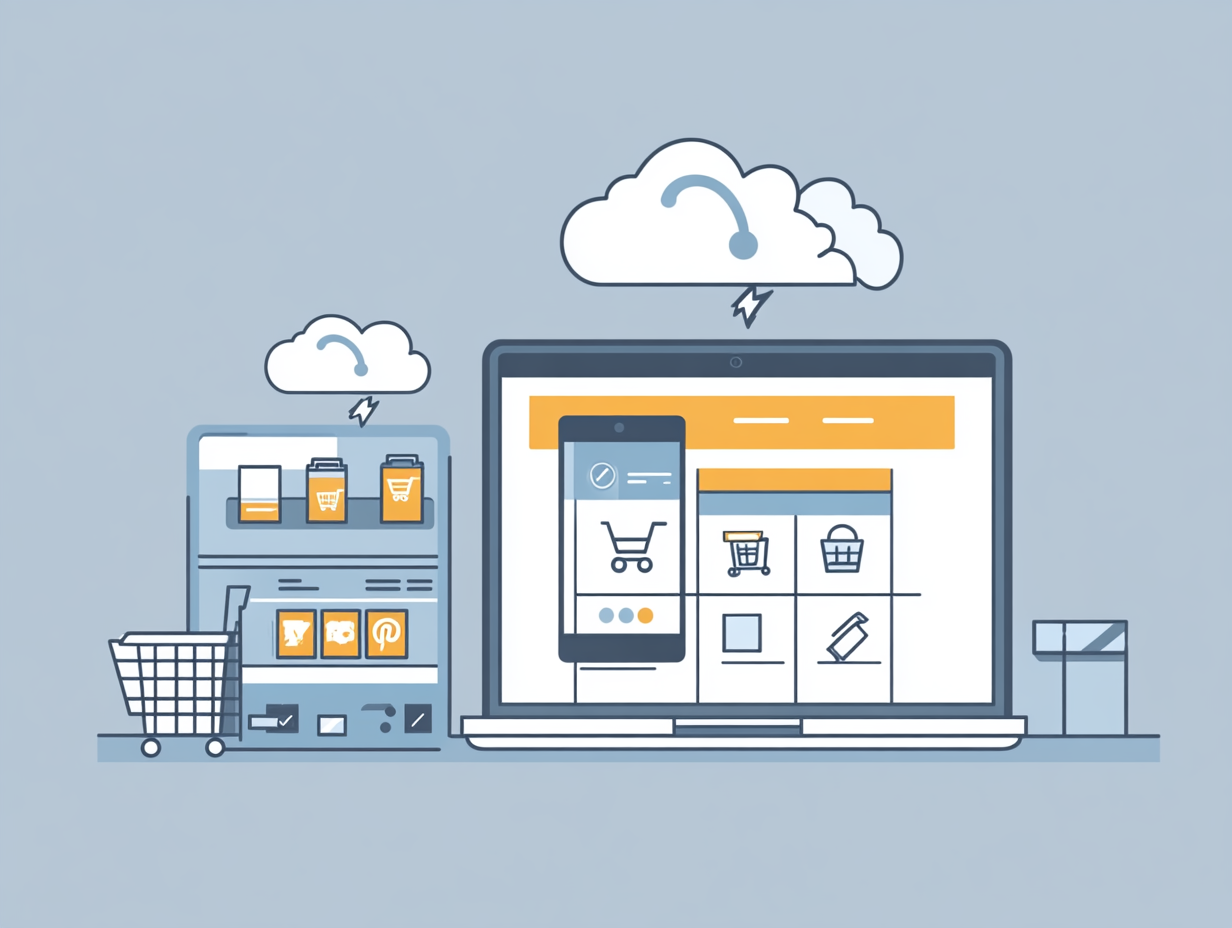In today's fast-paced business environment, efficiency and accuracy are crucial for maintaining a competitive edge. Enterprise Resource Planning (ERP) systems have emerged as powerful tools that integrate various business processes into a unified system, offering a comprehensive view of operations and resources. However, the question often arises: is investing in an ERP system truly worth the cost? Let’s explore how the right ERP system can deliver significant return on investment (ROI) and save your business money.
1. Streamlined Operations and Increased Efficiency
One of the most significant advantages of an ERP system is its ability to streamline operations. By integrating various functions—such as finance, human resources, supply chain management, and customer relationship management—into a single system, ERP reduces the need for disparate software solutions. This integration leads to more efficient workflows, fewer errors, and reduced duplication of effort.
How It Saves Money: Reduced operational inefficiencies and errors translate into lower costs associated with manual processes and administrative tasks. For example, automated data entry and real-time reporting minimize the need for additional staff to manage and reconcile data, directly impacting your bottom line.
2. Improved Financial Management and Reporting
An ERP system provides robust financial management capabilities, including real-time financial reporting, budgeting, and forecasting. With accurate and timely financial data, businesses can make informed decisions, optimize cash flow, and manage resources more effectively.
How It Saves Money: Enhanced financial visibility and control reduce the risk of financial mismanagement and unplanned expenses. Businesses can better track expenditures, identify cost-saving opportunities, and make strategic investments based on precise financial insights.
3. Enhanced Supply Chain and Inventory Management
Effective supply chain and inventory management are critical to minimizing costs and meeting customer demands. ERP systems offer advanced tools for managing inventory levels, monitoring supplier performance, and optimizing procurement processes.
How It Saves Money: Improved inventory management reduces excess stock and minimizes carrying costs, while better supply chain visibility helps negotiate better terms with suppliers and avoid stockouts. Efficient inventory practices also reduce the risk of obsolescence and waste.
4. Increased Productivity and Employee Satisfaction
An ERP system can significantly enhance productivity by automating routine tasks and providing employees with the tools they need to perform their jobs more efficiently. This increased productivity often translates into higher employee satisfaction and retention.
How It Saves Money: By automating repetitive tasks and reducing manual data entry, employees can focus on more strategic activities that add value to the business. Increased job satisfaction and lower turnover rates lead to reduced recruitment and training costs.
5. Scalability and Future Growth
As businesses grow, their operational needs become more complex. ERP systems are designed to scale with your business, allowing you to add new modules or functionalities as needed. This scalability ensures that your investment continues to deliver value as your business evolves.
How It Saves Money: Investing in a scalable ERP system means you won’t need to replace your software as your business grows. Instead, you can expand your system’s capabilities, avoiding the costs and disruptions associated with implementing a new system.
6. Enhanced Customer Service and Satisfaction
An ERP system provides a 360-degree view of customer interactions, orders, and support requests. This comprehensive perspective enables businesses to respond more effectively to customer needs and deliver a higher level of service.
How It Saves Money: Improved customer service leads to increased customer retention and loyalty, which is often more cost-effective than acquiring new customers. Satisfied customers are also more likely to provide repeat business and referrals, further contributing to revenue growth.
Conclusion
Investing in the right ERP system can yield substantial returns by improving efficiency, financial management, supply chain operations, and overall productivity. While the initial investment may seem significant, the long-term savings and benefits make it a worthwhile expenditure for businesses looking to enhance their operations and stay competitive in a dynamic market.
When considering an ERP investment, it’s crucial to evaluate your specific needs and select a system that aligns with your business objectives. By doing so, you’ll position your company for sustainable growth and success, ultimately realizing a significant ROI and substantial cost savings.





